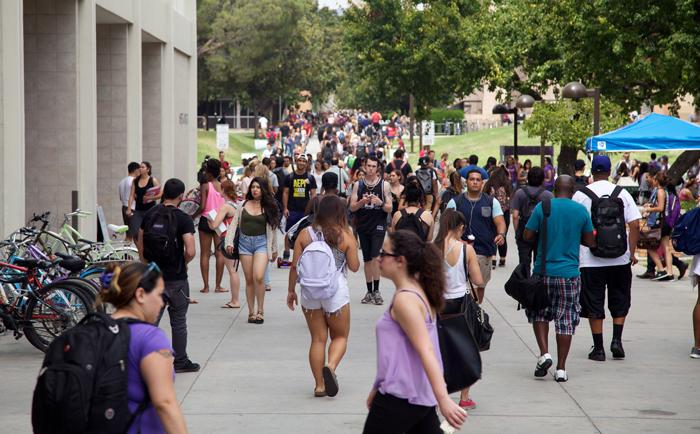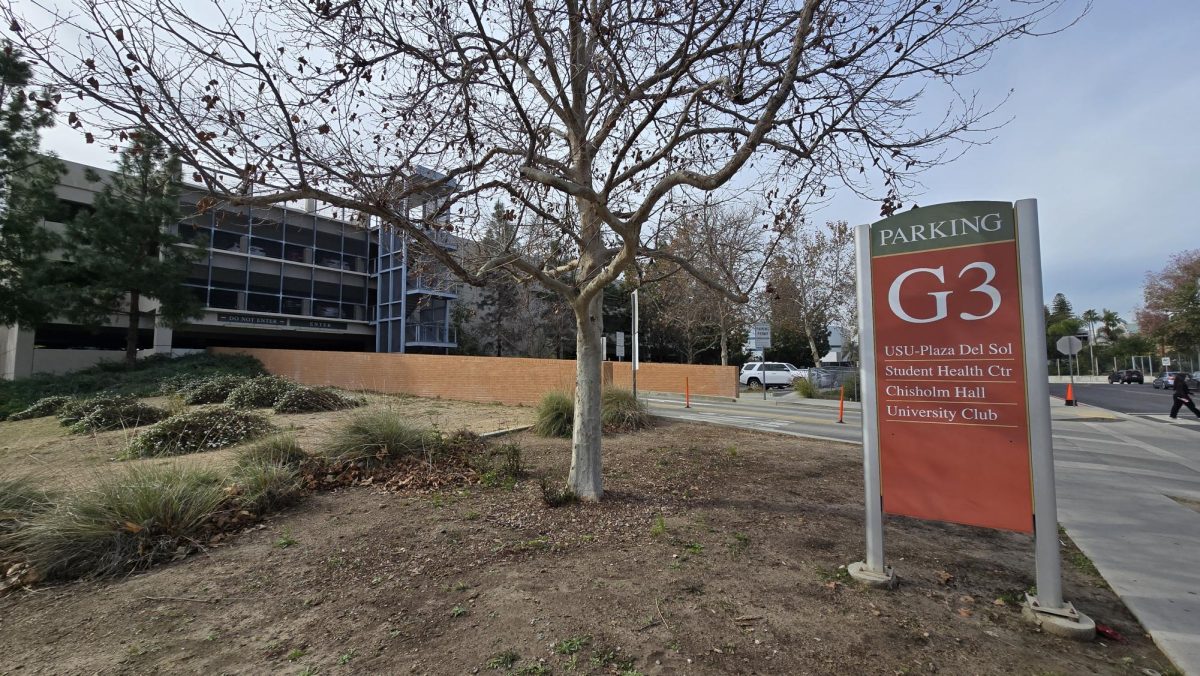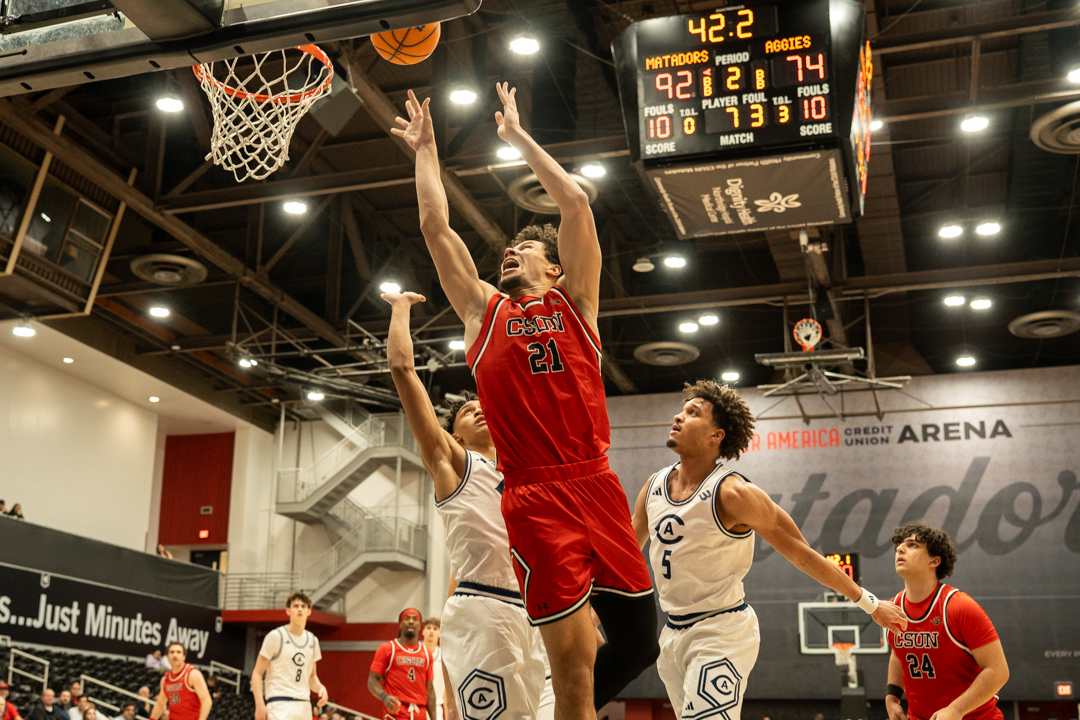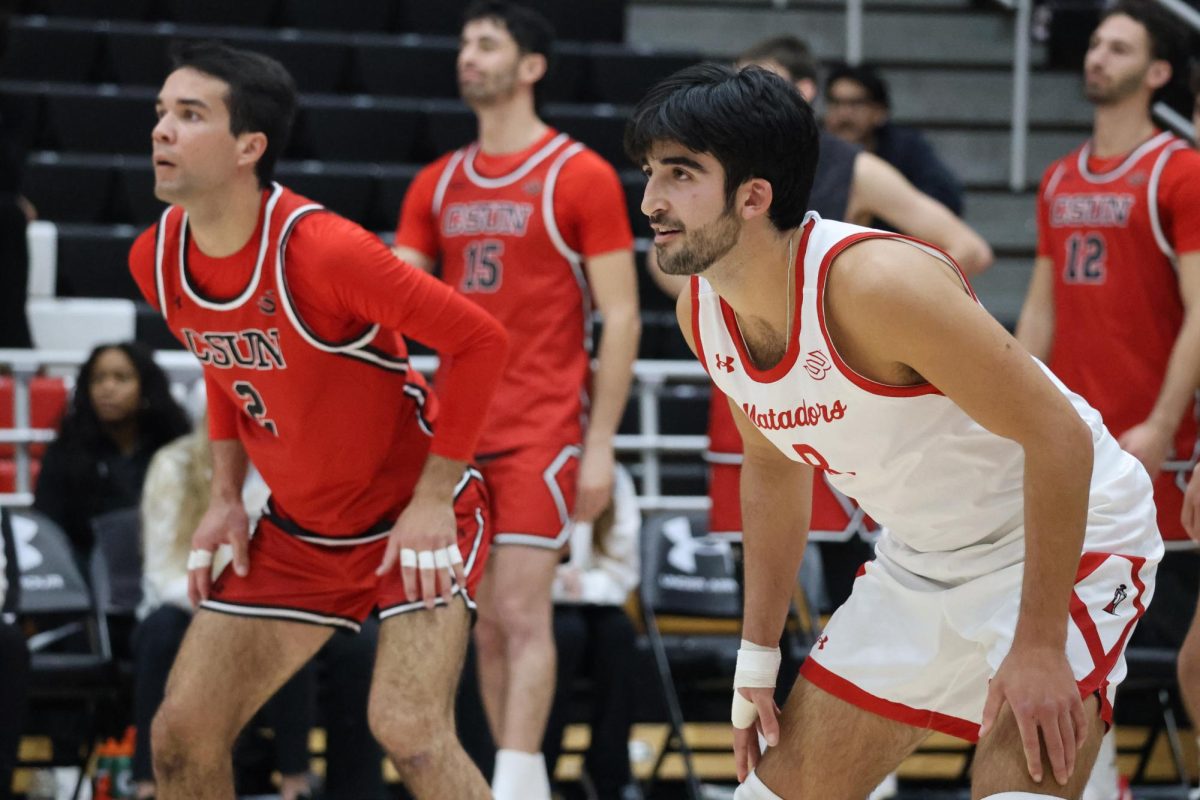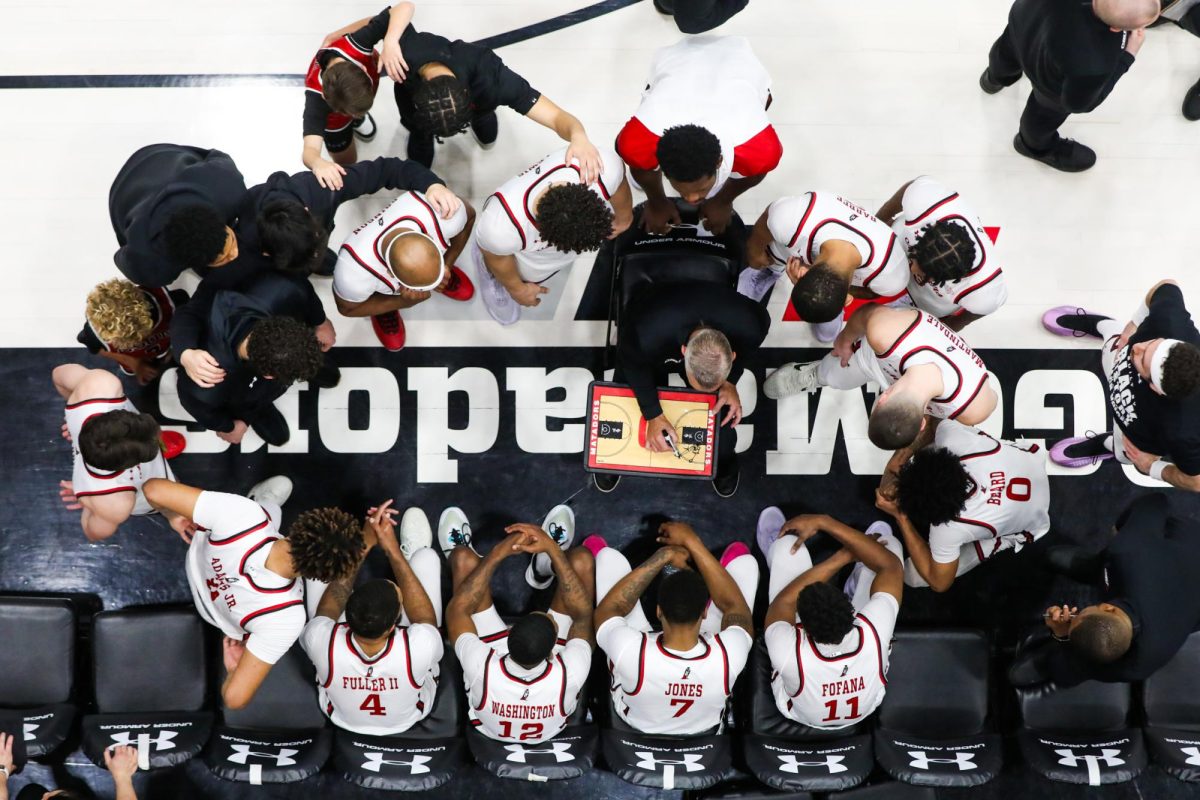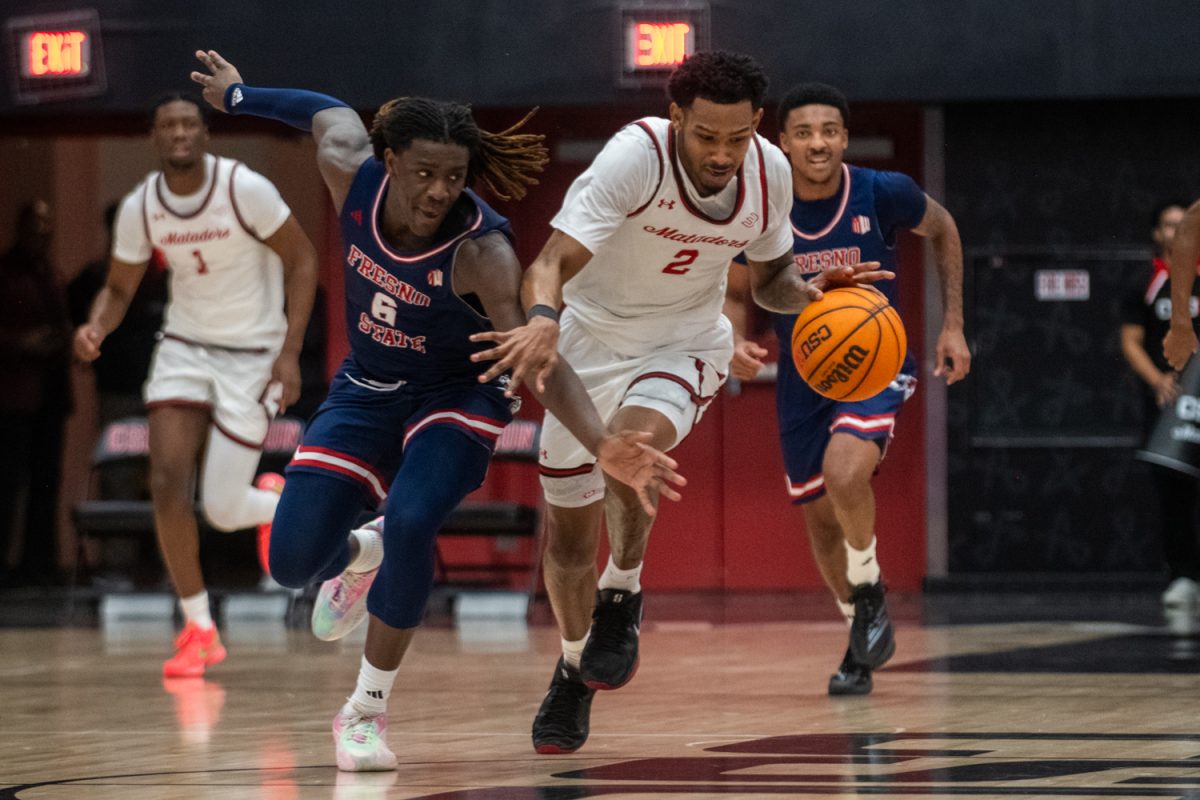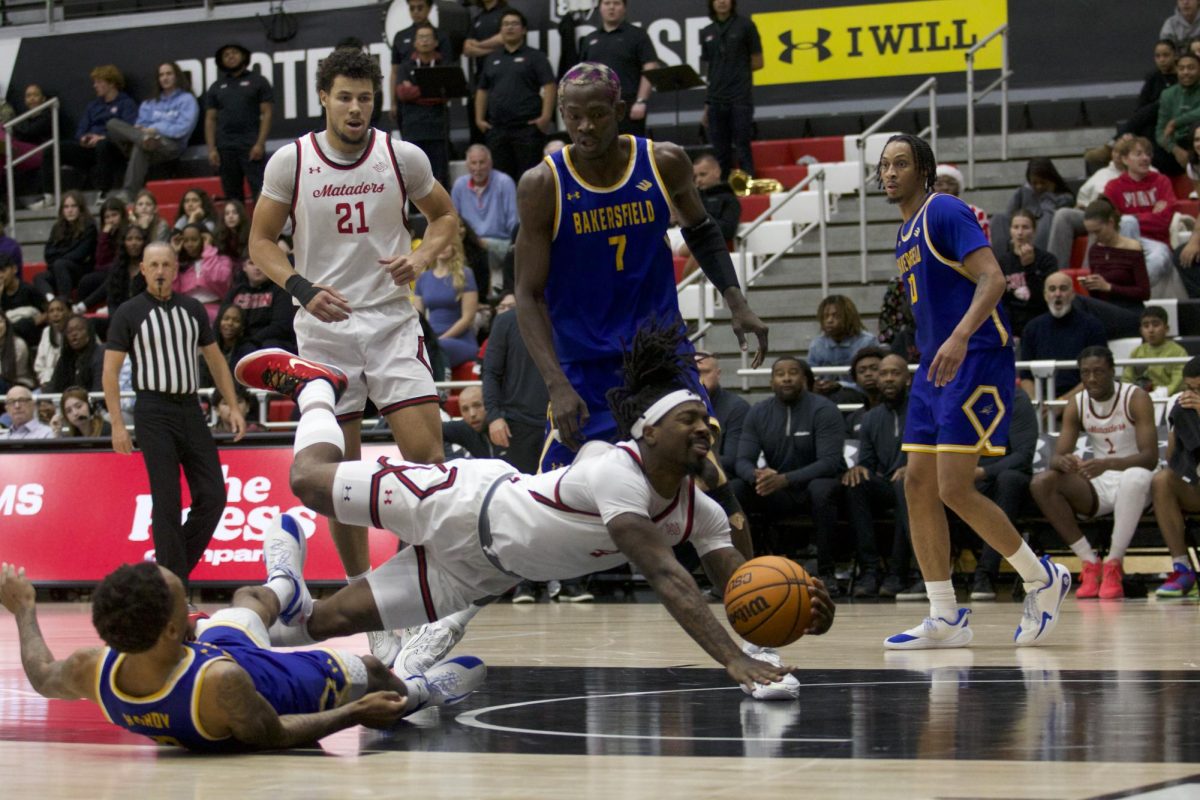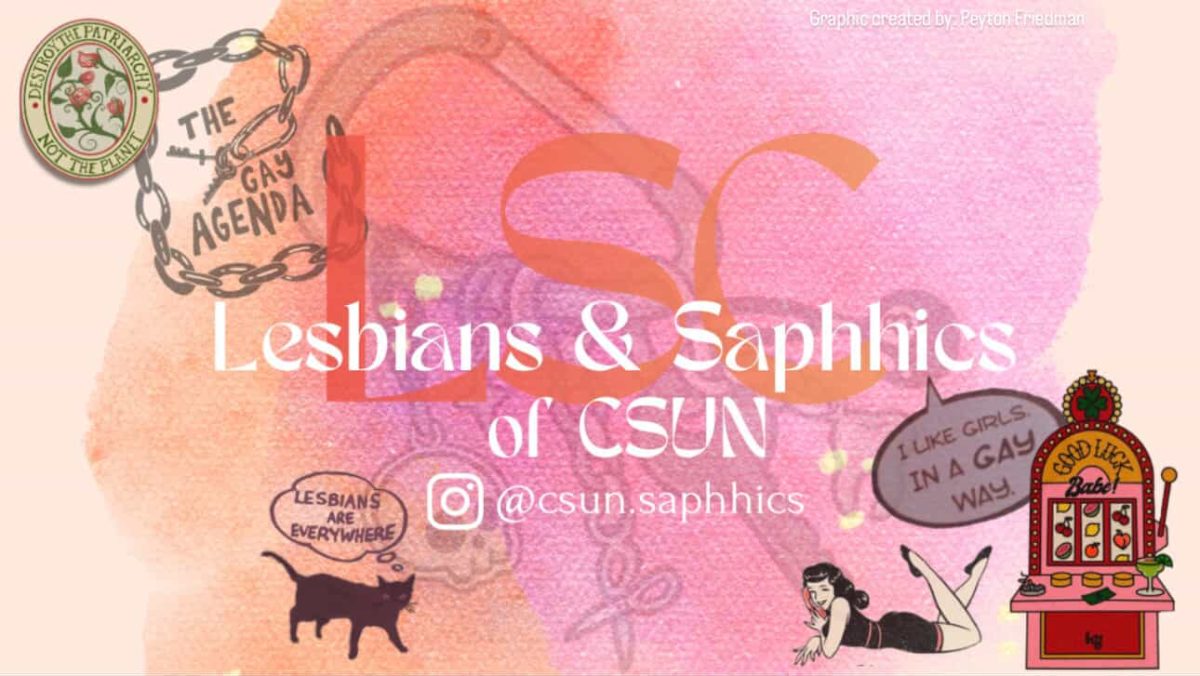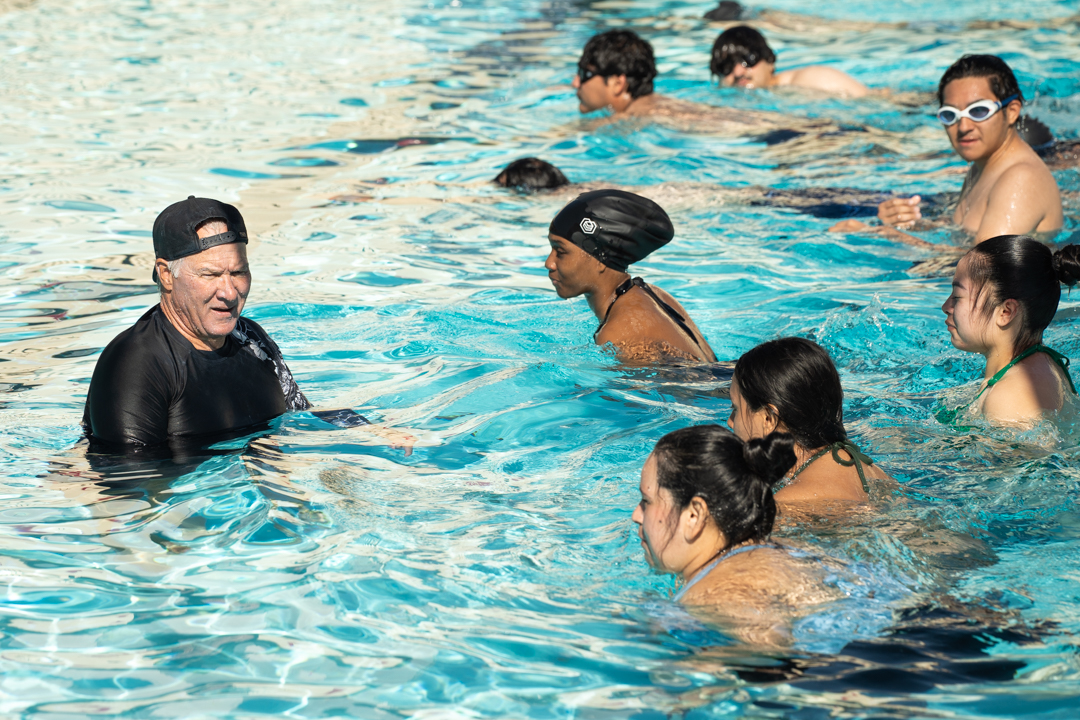Students on campus are divided on whether political correctness is necessary so as to not offend others or rather if it is a form of censorship.
Women are frequently used as examples of what being “too politically correct” can mean. Women’s responses to sexism often get dismissed as being, “too politically correct” or as her not being able to take a joke.
According to CSUN professor of gender and women studies, Sheena Malhora, this allows the speaker to be dismissive instead of actually hearing what the critique is.
“In fact, so often misogyny and sexism continue to proliferate our culture because they are not called out,” Malhotra said.
Malhotra is also the author of the book, “Silence, Feminism, Power: Reflections at the Edges of Sound” which examines the power of silence and how it informs feminist theory and activism.
“Calling it out when someone says something sexist is an important act of marking it for what it is. If we can’t name it, it’s hard to change it,” Malhotra said.
Alternatively, there are some people who find political correctness creatively limiting.
For example, computer science major and aspiring musician, Richard Rivas, 22, thinks political correctness is just a more socially accepted form of censorship.
“Music should be used as a form of expression. I think no artist should feel worried that they can’t express themselves because they’re scared of who they are going to offend. Look at early Eminem,” Rivas said.
Rivas is referring to the successful Michigan rapper, who’s homophobic and sexist song lyrics generated protests from GLAAD and parent groups, yet still managed to achieve and retain mass appeal.
Alicia Ochoa, a 30-year-old grad student, recalls an instance where she felt that she was being castigated by the wagging finger of political correctness.
“I was hiking with my mom in Griffith Park recently and we were talking about my (2-year-old) son’s behavior and I remember I said something like ‘I don’t want my boy to grow up to be a sissy’. Then these two guys walking along side us heard me and one of them actually stopped me and said, ‘I hope you realize that is not ok to say anymore,” Ochoa said.
Ochoa said after that incident, she felt as though she had to be “looking over her shoulder” to make sure no one would be offended by her private conversations with her family or friends.
Although instances, where a person will verbally take issue with what they perceive to be offensive, is low, it’s a much more common practice on the Internet. With online trolling more rampant than ever, the flip side of that, virtual “p.c. policing” is gaining momentum according to a recent article in The Guardian.
The local government in London has just approved a $1.7 million “troll-hunting” taskforce in an attempt to curtail online bullying before it escalates into a hate crime, according to the article.
Although changing people’s way of thinking doesn’t happen overnight, some students believe social change is necessary.
Andrea Flores, a 19-year-old kinesiology major, thinks meaningful social change is possible right now.
“I think we all need to use our common sense and common decency. One of the cornerstones of living in a society is knowing how to get along with the people around us. If you wouldn’t want it said about you, don’t wear a t-shirt that says it about some other group, ” Flores said.
